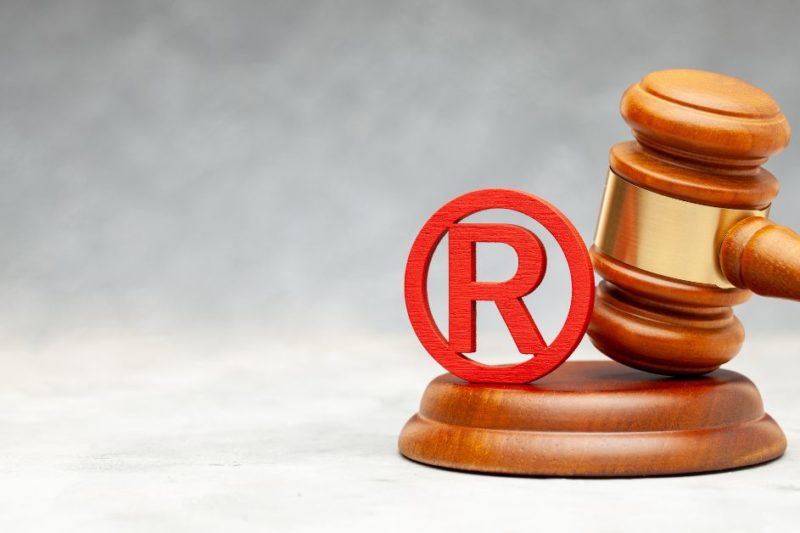If you’ve already invested money into putting your business’s name on a sign, t-shirts, or other materials, one of the worst things you can find is another business using a similar name. If that other business has been using the name for longer than you, they may bring a trademark infringement suit against you. How can you determine whether you are infringing on their trademark?
There are usually seven factors for determining infringement
Courts usually assess possible infringement suits based on a set of seven factors. However, courts are widely divided on the appropriate number of factors to consider, and not all factors are applicable in every case. It is essential to consult with an experienced trademark attorney if you face a possible infringement suit, as trademark law is fast-changing and amorphous. The traditional seven factors will be set out in detail below.
First, courts examine the strength of trademark infringed. In determining this, courts look to see the trademark’s “ability to invoke an immediate association in the consumer’s minds with the trademark holder’s goods.” For example, a trademark like “Ford” immediately provides to the average consumer an association with vehicles.
Second, courts look at the similarity of design between the two marks. This factor is pretty intuitive.
Third, courts look at the similarity of the products or services offered. This is significant. For example, “Dove Chocolate” and “Dove Soap” both have “Dove” in the name but offer very different products. For that reason, courts have said that both can continue using that word.
Fourth, courts examine the identity of the retail outlets or purchasers. Courts are more likely to find infringement if it seems that both trademark users are marketing to the same client base or demographic.
Fifth, courts examine the advertising medium used by each mark holder. If one mark holder advertises only on tv stations, but the other is exclusively word of mouth at farmer’s markets, a court may be less likely to find infringement.
Sixth, courts examine the intent of the person being sued for infringement. If the defendant in an infringement suit was intentionally trying to “derive benefit from the reputation or goodwill of the plaintiff,” then a court will be more likely to find infringement.
Seventh, courts will consider any evidence of actual confusion. There are various surveys or tests that companies might employ to show confusion—any proof that consumers were confused by the two marks being used will be strong evidence in favor of infringement.
Trademark infringement cases are very fact-specific, so you should consult with an attorney if you have been threatened with or been sued for infringement. The consequences of infringing on another individual’s mark may include “disgorging profits,” where you would have to pay the other party a large amount (or all) of the profits gained while you used the mark. You may also have to pay the other side’s attorney’s fees in some scenarios. The best way to avoid infringing on another person’s trademark is to consult with an attorney before your business’s name is written in stone (or on a sign or merchandise).
If you need to contact an attorney regarding a trademark, contact King Law Offices by calling (888)748-KING (5464) or filling out our consultation form. Our attorneys are experienced in litigation and intellectual property law and can assist you in assessing your options.


